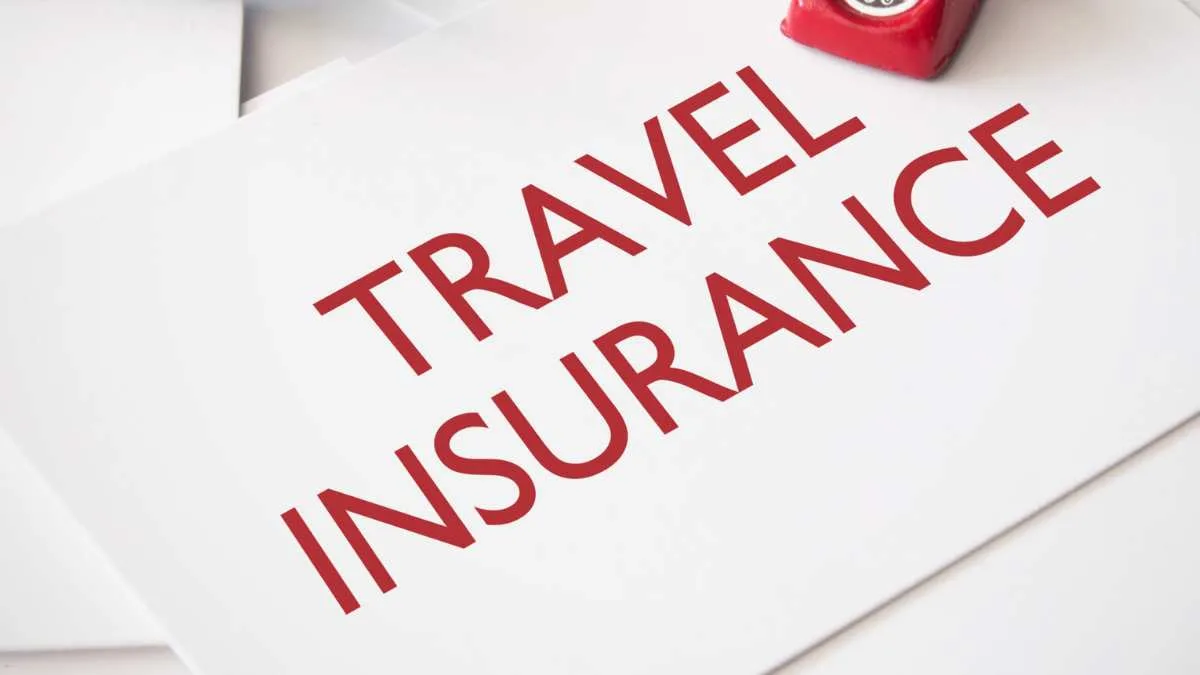Traveling opens doors to new experiences, cultures, and memories. However, unforeseen events—such as medical emergencies, trip cancellations, or lost luggage—can disrupt your plans and lead to significant financial losses.
This is where travel insurance becomes invaluable. In this comprehensive guide, we’ll explore what travel insurance is, its benefits, common coverage options, and tips for selecting the right policy to ensure a worry-free journey.
What Is Travel Insurance?
Travel insurance is a specialized policy designed to protect travelers from unexpected financial losses incurred during their trips. These losses can stem from various incidents, including medical emergencies, trip cancellations, lost baggage, or even acts of terrorism.
By securing a travel insurance policy, you can safeguard your investment and enjoy peace of mind throughout your travels.
Why Is Travel Insurance Important?
Travel insurance offers several compelling reasons to consider:
-
Financial Protection: Reimburses non-refundable trip costs if you need to cancel or interrupt your journey due to covered reasons.
-
Medical Coverage: Provides expenses for medical emergencies, which can be particularly crucial when traveling abroad where your domestic health insurance may not apply.
-
Emergency Assistance: Offers 24/7 support for emergencies, including medical evacuations or lost passport assistance.
-
Peace of Mind: Knowing you’re covered allows you to focus on enjoying your trip without constant worry about potential mishaps.
Common Types of Travel Insurance Coverage:
Understanding the various coverage options can help you choose the policy that best fits your needs:
1. Trip Cancellation and Interruption Insurance
This coverage reimburses you for non-refundable trip costs if you need to cancel or cut short your journey due to unforeseen events like illness, family emergencies, or natural disasters. Some policies even offer a “Cancel For Any Reason” (CFAR) option, allowing more flexibility in cancellation decisions.
2. Emergency Medical Insurance
Covers medical expenses incurred due to illness or injury during your trip. This is especially important when traveling internationally, as domestic health insurance may not provide coverage abroad.
3. Emergency Medical Evacuation
Pays for transportation to the nearest medical facility in case of a serious illness or injury. In extreme cases, it may cover repatriation to your home country for treatment.
4. Baggage Loss, Delay, or Theft
Reimburses you for lost, stolen, or damaged baggage and personal items. It may also cover the purchase of essential items if your baggage is delayed for a certain period.
5. Trip Delay Insurance
Provides compensation for additional expenses incurred due to significant travel delays, such as meals, accommodations, or transportation.
6. Accidental Death and Dismemberment
Pays a lump sum benefit to your beneficiaries if you suffer fatal or severe injuries during your trip.
Read Next: American Express Travel | Everything You Need to Know
What Travel Insurance Typically Does Not Cover:
While travel insurance offers extensive protection, there are common exclusions to be aware of:
-
Pre-existing Medical Conditions: Most policies do not cover expenses related to conditions you had before purchasing the insurance unless you opt for a policy that includes a pre-existing condition waiver.
-
High-Risk Activities: Engaging in extreme sports like skydiving or scuba diving may not be covered unless you purchase specialized coverage.
-
Travel to Restricted Areas: Visiting destinations that are under government travel advisories can invalidate your policy.
-
Alcohol or Drug-Related Incidents: Accidents or injuries occurring under the influence may not be covered.
Always read the policy details to understand specific exclusions.
Travel Insurance Policy:
Selecting the appropriate travel insurance involves considering several factors:
-
Assess Your Needs: Determine the level of coverage required based on your destination, trip duration, and activities planned.
-
Compare Policies: Use reputable comparison websites to evaluate different policies and their benefits.
-
Check for Existing Coverage: Review any existing insurance policies, such as credit card benefits or health insurance, to avoid duplicate coverage.
-
Understand the Terms: Carefully read the policy to understand coverage limits, exclusions, and the claims process.
-
Consider Customer Service: Opt for insurers known for responsive customer support and efficient claims handling.
Travel Insurance for Indian Travelers:
For travelers in India, several insurance providers offer tailored travel insurance policies:
-
Bajaj Allianz Travel Insurance: Offers comprehensive coverage including trip cancellation, medical emergencies, and baggage loss.
-
ICICI Lombard Travel Insurance: Provides plans with coverage for medical expenses, trip delays, and loss of baggage.
-
Religare Travel Insurance: Known for its extensive network and coverage options suitable for international travel.
When selecting a policy, ensure it aligns with your specific travel needs and provides adequate coverage for your destination.
Travel Insurance Costs:
The cost of travel insurance varies based on several factors:
-
Trip Cost: More expensive trips generally have higher insurance premiums.
-
Coverage Level: Comprehensive policies with extensive coverage options tend to cost more.
-
Age and Health: Older travelers or those with pre-existing conditions may face higher premiums.
-
Destination: Traveling to countries with higher medical costs can increase insurance costs.
On average, travel insurance premiums range from 4% to 10% of the total trip cost. It’s advisable to obtain quotes from multiple providers to find the best value for your coverage needs.
Common Mistakes to Avoid:
To ensure your travel insurance remains valid and effective:
-
Disclose All Information: Always provide accurate details about your health and travel plans.
-
Understand Policy Terms: Familiarize yourself with coverage limits, exclusions, and the claims process.
-
Keep Documentation: Retain receipts, medical records, and any other relevant documents to support potential claims.
-
Avoid High-Risk Activities Without Coverage: If engaging in activities like skiing or scuba diving, ensure your policy covers them.
Last Call:
Investing in travel insurance is a prudent decision to protect yourself from unforeseen events that could disrupt your trip and finances. By understanding the various coverage options, assessing your needs, and selecting a reputable provider, you can embark on your journey with confidence and peace of mind.
Disclaimer: The information provided in this article is for general informational purposes only and should not be construed as legal or financial advice. Insurance policies and coverage options vary by provider and jurisdiction. Always read the policy documents carefully and consult with an insurance professional to ensure you select the appropriate coverage for your specific needs.
Recent Developments in Travel Insurance:
-
Affordable Railway Travel Insurance in India: Indian Railway Minister Ashwini Vaishnaw announced that passengers purchasing e-tickets can avail themselves of the Optional Travel Insurance Scheme (OTIS) by paying a nominal premium of just 45 paisa, inclusive of all taxes. This initiative aims to provide enhanced safety and assurance for travelers during their journey. The Economic Times
-
Rising Travel Costs in 2025: With travel costs rising significantly in 2025, experts recommend considering travel insurance, particularly for costly, remote, or high-risk adventure trips. Travel insurance can protect against potential losses due to unforeseen issues like flight cancellations or illnesses. It is advised to carefully compare insurance options and review policy details to ensure adequate coverage. Investopedia
-
Travel Anxiety and Insurance Considerations: A recent study revealed that a significant number of travelers experience high levels of anxiety about international travel. Many are now considering travel insurance for peace of mind and to manage unexpected costs. Travel insurance is increasingly perceived as essential, especially among international travelers.


